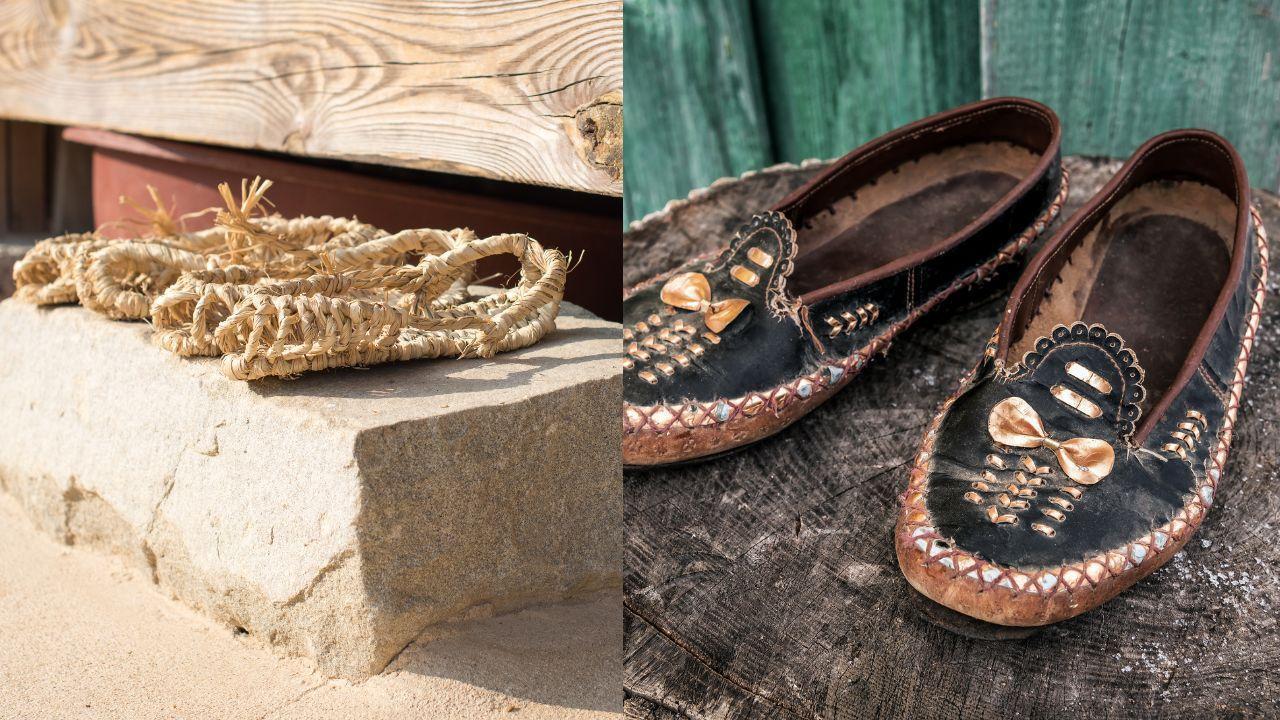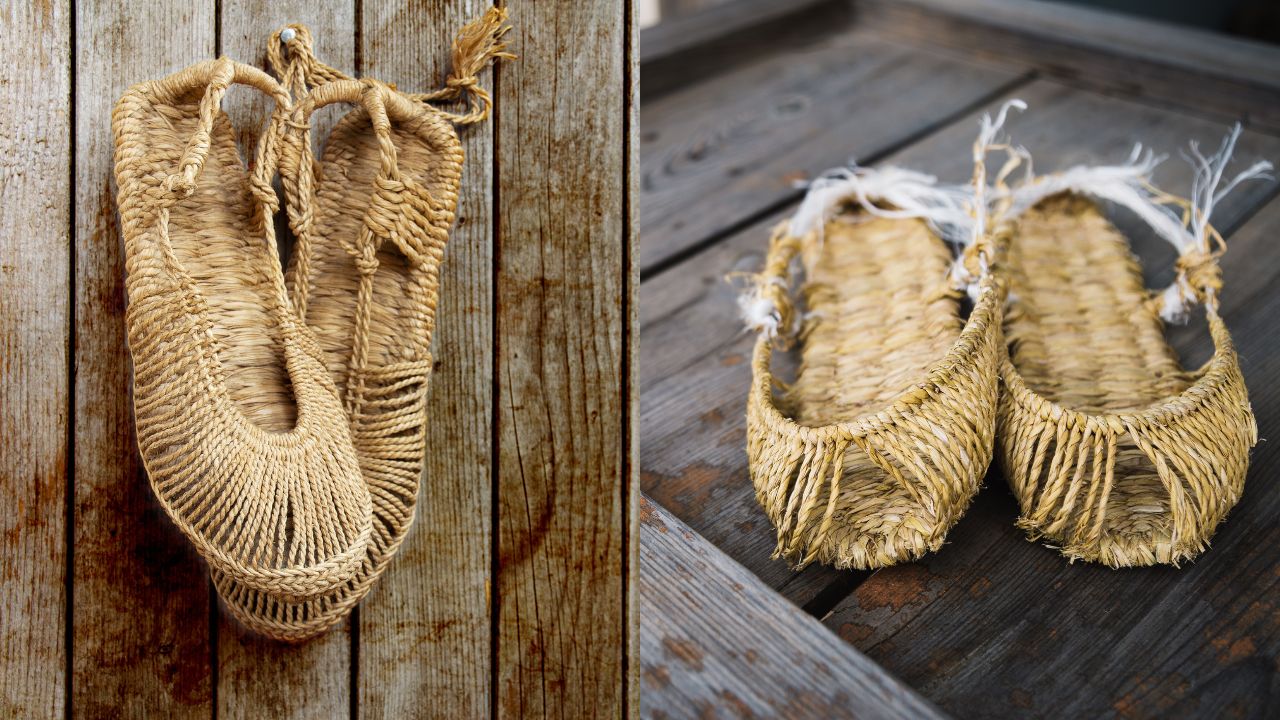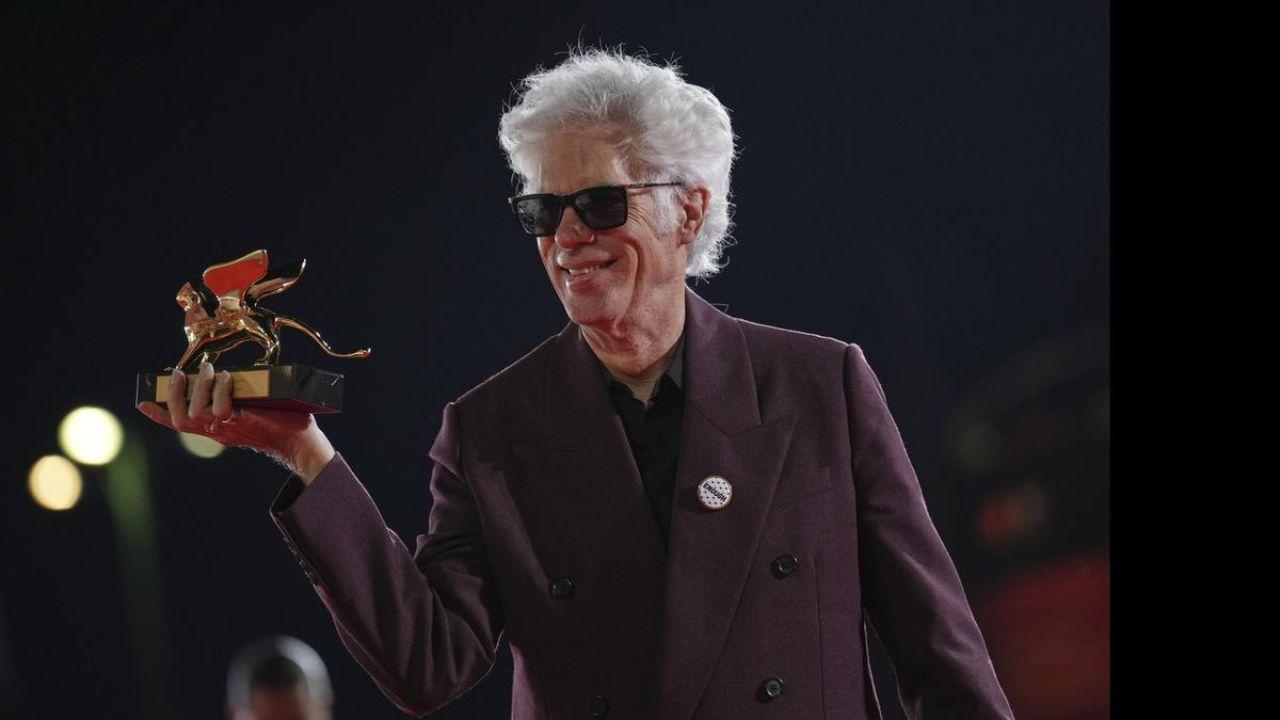
Post by : Elena Malik
Shoes are such a natural part of our daily lives that it's easy to forget they have a fascinating history stretching back thousands of years. From humble beginnings to the stylish footwear we see today, shoes have always served as more than just protection for our feet. This article takes you on a journey through the beginning of shoes, exploring when and why humans first started wearing them and how they’ve evolved.
Humans have been walking on Earth for millions of years, but early humans didn’t always wear shoes. Archaeological evidence suggests that the beginning of shoes occurred out of necessity. Early humans faced harsh terrains, scorching sand, sharp rocks, and cold climates. To survive, they needed something to protect their feet.
Before shoes, early humans likely wrapped their feet in leaves, animal hides, or grasses to shield them from the elements. These primitive "foot coverings" were the first step toward what would eventually become shoes.
Researchers debate the exact timeline of shoes' beginnings, but the earliest confirmed evidence dates back around 10,000 years. Some studies even suggest that humans may have started wearing shoes as far back as 40,000 years ago during the Ice Age. These early shoes were likely simple and functional, made from readily available materials like leather and fibres.

One of the oldest known examples of shoes is the "Ötzi Shoe," found on the body of a man preserved in ice in the Alps. Ötzi lived around 3,300 BCE, and his shoes were made from animal hide, with a layer of hay inside for warmth and comfort. This discovery highlights how a need for protection and adaptation to challenging environments drove the beginning of shoes.
As human civilisations developed, so did shoe design. Early footwear varied depending on the climate, culture, and available materials. For example, ancient Egyptians wore sandals made of palm leaves or papyrus, while people in colder regions, like the Inuit, crafted boots from animal skins to keep their feet warm.
By the time of the ancient Greeks and Romans, shoes had become more sophisticated. Greek sandals, often made from leather, were designed for functionality and style. Romans took it further, creating boots and sandals with intricate designs that symbolized social status. This period marked a significant milestone in the beginning of shoes, as footwear began to reflect culture and identity, not just practicality.
During the Middle Ages, shoes took on new shapes and styles. Pointed toes became popular in Europe, and shoes were often made from leather or fabric. For the wealthy, shoes became a symbol of status, with elaborate designs and fine craftsmanship.
However, common people wore simple, sturdy shoes that could withstand hard labour. This era also saw the invention of patterns and wooden platforms that people wore over their shoes to protect them from mud and dirt on the streets. This innovation highlighted the growing importance of shoes in everyday life.
By the Renaissance, shoes were no longer just functional—they became works of art. Wealthy individuals wore shoes with extravagant designs, including embroidered patterns and jewels. Heels became fashionable, particularly for women, and were seen as a status symbol.
This period also marked the rise of cobblers and skilled artisans who specialized in making and repairing shoes. Cobblers played a significant role in shaping the beginning of shoes as an industry, laying the foundation for modern shoemaking.
The Industrial Revolution in the 18th and 19th centuries transformed the world of footwear. Before this time, shoes were handmade, making them expensive and time-consuming to produce. With the advent of machinery, shoes could be mass-produced, making them more affordable and accessible.
Rubber soles were introduced during this period, leading to the invention of sneakers in the late 19th century. This innovation marked a turning point in the beginning of shoes, as comfort and practicality became a focus alongside style.
In the 21st century, shoes have become a billion-dollar industry, combining fashion, technology, and performance. From high-tech running shoes to elegant heels, there’s a shoe for every occasion and purpose. Modern materials like synthetic fabrics and memory foam have made shoes more comfortable and durable than ever.
Brands and designers have also embraced sustainability, creating shoes from recycled materials and promoting ethical manufacturing practices. This shift reflects how far we’ve come since the beginning of shoes, as humanity continues to innovate while honouring the past.
Understanding the beginning of shoes is not just about looking at the past; it’s about appreciating how something as simple as footwear has shaped human history. Shoes have protected us, allowed us to explore new terrains, and even helped define cultural identities. They are a testament to human ingenuity and the desire to improve life, step by step.
The Beginning of Shoes is a fascinating journey through the history of footwear, tracing its origins from necessity to the stylish and functional designs we see today. Early humans started wearing shoes to protect their feet from harsh terrains and climates, using natural materials like animal hides and leaves. Over time, shoes evolved to reflect cultural identity, with ancient Greeks and Romans crafting intricate designs and the Renaissance showcasing footwear as a fashion statement. The Industrial Revolution transformed shoemaking, leading to mass production and modern innovations like sneakers. Today, shoes blend technology, style, and sustainability, showcasing human ingenuity every step of the way.
This article was created for informational purposes by 'dxb news network.' The content is intended to provide general insights into the history and evolution of shoes. For detailed research or specific historical facts, please consult academic sources or experts in the field.

Coolie 2025 Rajinikanth Returns in Action Packed Tribute to Everyday Heroes
Discover Coolie 2025 starring Rajinikanth an action packed film honoring hardworking heroes with dra

September 21 Marks World Alzheimer s Day Spreading Hope and Support
World Alzheimer s Day 2025 spreads awareness supports caregivers and inspires hope for better care

Massive Wildfires Rage in Portugal and Spain Threatening Homes
Hundreds of firefighters battle fierce wildfires in Portugal and Spain as authorities work to protec

At Least 60 Dead in Night Attack on Village in Nigeria’s Borno State
Armed fighters attack Darul Jamal village in Nigeria, killing over 60, including soldiers as residen

National Nutrition Week 2025 Highlights Importance of Healthy Eating
National Nutrition Week 2025 promotes smart eating balanced diets and healthy living for all ages

UAE Sends First Medical Aid to Support Earthquake-Affected Afghanistan
Emirati relief team delivers urgent medical aid to Afghanistan after earthquake, helping local hospi

UAE President Visits ADIHEX 2025 to Celebrate Heritage and Innovation
UAE President visits ADIHEX 2025, exploring Emirati culture, falconry, and equestrian innovations pr

At Least 60 Dead in Night Attack on Village in Nigeria’s Borno State
Armed fighters attack Darul Jamal village in Nigeria, killing over 60, including soldiers as residen

Ronaldo Shines with Two Goals as Portugal Beats Armenia 5-0
Cristiano Ronaldo scored twice as Portugal started World Cup qualifying with a 5-0 win over Armenia

Justin Bieber Drops Eighth Studio Album Swag II Fans Excited
Justin Bieber surprises fans with Swag II, his eighth album featuring 23 new tracks and collaboratio

Venice Film Festival 2025 ends with surprise winners and strong messages
Jim Jarmusch’s film wins Golden Lion at Venice Film Festival 2025, amid strong performances emotiona

Kurt Russell Joins Yellowstone Spinoff 'The Madison' as Star & Producer
Kurt Russell returns to TV in Yellowstone spinoff 'The Madison', joining Michelle Pfeiffer in a stor

Australia funds $72M for medical research in Asia-Pacific
Australia invests $72M to support medical research, vaccines, and health solutions across Southeast

UPU launches solution to restart US mail delivery
Mail to the US dropped 80% after duty-free exemption ended; UPU launches a tool to calculate duties

UAE karate team shines with silver and bronze at Asian event
UAE athletes Sheikha Al Yafei and Rashid Al Suraidi win silver and bronze at the Asian Karate Champi